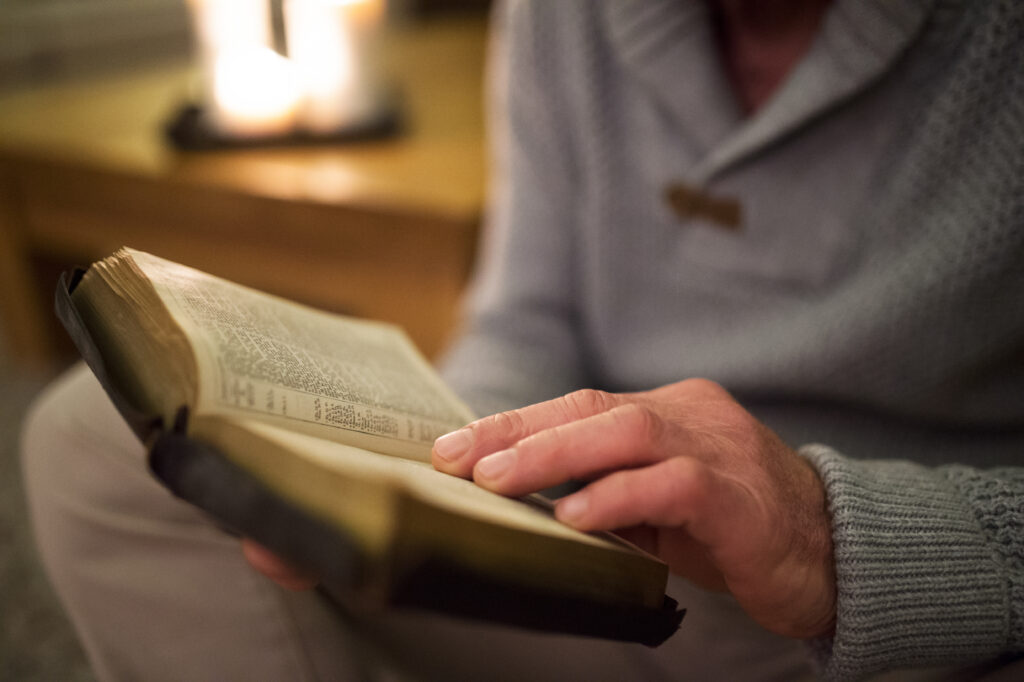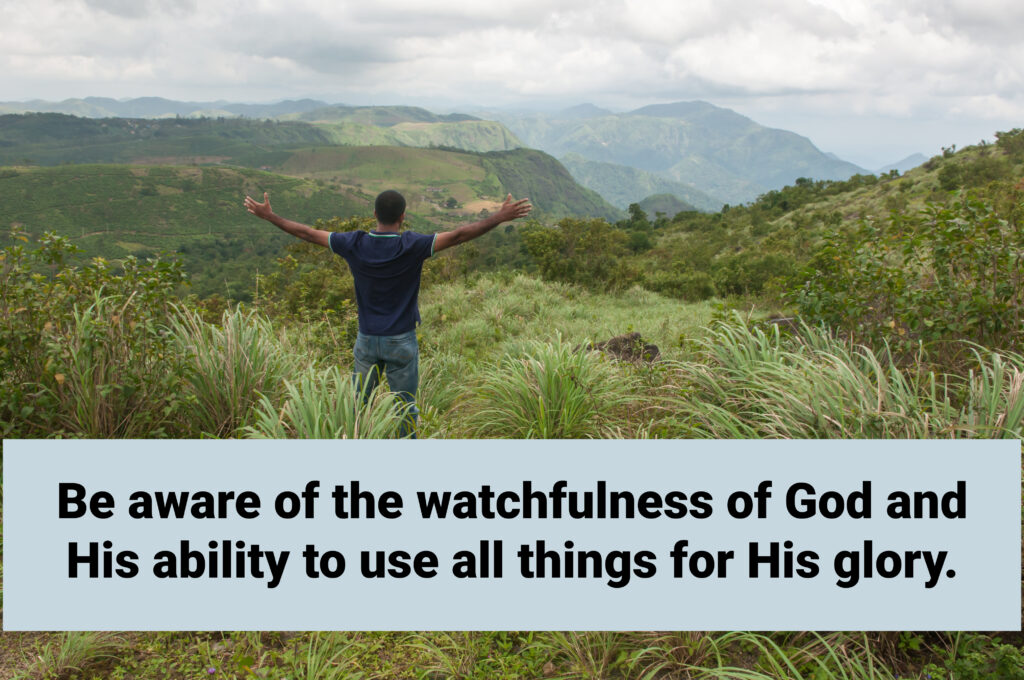As I do some years, I’m reading through the Bible in 2024. I’ve just this morning completed the book of Genesis, which ends with the story of Joseph, his father and brothers and their families having joined him in Egypt. By the end of the book, his father, Jacob, has actually passed away. If you’ve never read it or need a refresher, it would help to read Genesis 37 – 50 before reading this blog.

In this recent reading of Joseph’s life and times, a few lessons bubbled to the surface. Here are three of them:
- Whatever evil comes against you, God will use it for good. Joseph’s brothers treated him wickedly. They ridiculed him, hated him, planned on killing him and ultimately sold him into slavery. But facing his brothers twenty-two years after their evils befell him, he’d seen those evil intentions evolve into good results. And Joseph’s perspective was now so clear, his heart toward them so pure, that he said to them, “It was not you who sent me here, but God.”

Joseph recognized what we would centuries later learn from the quill of Paul the apostle. God works all things together for the good of those who love Him, who are called to His purposes. (Romans 8:28) Joseph went a step farther than recognizing that God had worked for good what others had caused; he said that God was actually the one who sent him into the troubles he would experience in Egypt. However, he didn’t let his brothers completely off the hook. “What you intended for evil, God meant for good,” he told them.
Oh man, if we could only remember in the midst of trouble that God will work it all out for our good!
- It’s ok to bless anyone, even if we think them ungodly. Pharaoh was the ungodly king of an idolatrous people. He considered God’s chosen people, the Hebrews, to be contemptuous. Yet Joseph used his God-given ability to interpret Pharaoh’s dream, and went the giant step beyond of offering the solution – and then executing that solution – to Pharoah’s and Egypt’s problem. In so doing, Joseph increased the nation’s wealth immensely. Of course, more than four hundred years in the future God would have all that wealth carried away in the hands of Joseph’s descendants, the Moses-led Israelites. But Joseph had no idea that that would happen; he was just being faithful with the abilities God had given him.
A millennium-and-a-half later, the ink of Paul would also affirm this Josephine principle. Bless those who persecute you; bless and do not curse. (Romans 12:14) Talk about blessing! Joseph was, himself, responsible for increasing Egypt’s Net National Product (NNP) by billions, maybe trillions, of dollars in today’s US money. Again, that wealth would serve, over four hundred years later, to aid the transition of the Israelites from Egyptian bondage to settling the Promised Land.

Some of us believers work for ungodly employers; our purpose there is to be a blessing to them. What they do with their resources is between them and God.
Oh, that we could be obedient to God in blessing those He places in our lives!
- Trust that God sees your kindness, regardless of to whom you show it. Joseph was shrewd and skilled enough that he could’ve given less than his best to Pharaoh and no one would have ever known. But, as was evidenced in his resistance of Potiphar’s wife years earlier, Joseph remained keenly aware that it was God’s whose eyes he knew were watching. It was God he was serving, more than any person or people.
The wisdom Joseph used in taxing Egyptian citizens 20% during the seven fruitful years shows bold excellence. A 14.3% tax would’ve carried the nation through the ensuing seven years of drought with no loss of wealth. Joseph clearly intended to grow Egypt’s NNP by some 40%. And having that additional capital (in agrarian currency, like grain and livestock) would allow Joseph more opportunity to invest and increase the nation’s NNP, which he did quite masterfully.

Again, Joseph could’ve compromised, since it was pagan Egypt for whom he worked. But in his mind, he was actually serving God, trusting that God would see and somehow use these resources for His own purposes.
Oh, that we could be so aware of the watchfulness of God and His ability to use all things for His glory.

